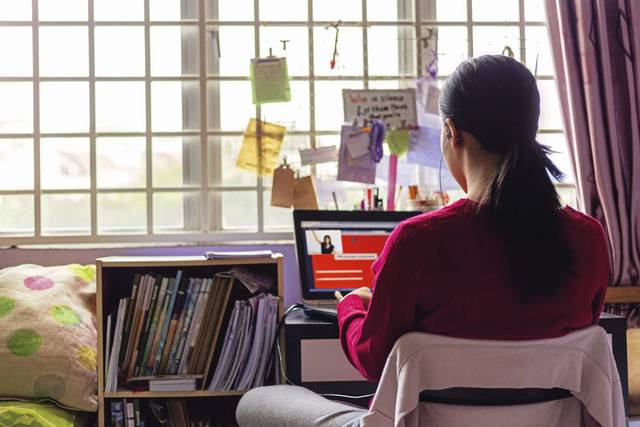We’ve all encountered a year of hardship and obstacles that none of us saw coming. But unfortunately, women have been disproportionately affected from the start — notably working mothers and women of color. About 1 in 12 Black women and 1 in 11 Latina women remain unemployed, and these women are often at the intersection of many other barriers, combating the effects of gender and racial bias. Not only that, so many of these women worked in some of the hardest hit industries during the pandemic (health care, hospitality, leisure, education, retail). In Pittsburgh alone, the number of working women in the region fell by 7.5%, as opposed to 6.9% by men.
Women also tend to take on many of the child care responsibilities in the household. Children who were once in school or child care were no longer able to go to these public places due to the pandemic, and instead were sent home to be cared for and taught by parents/guardians.
Covid-19 also left millions of people ill, and women were once again taking on an additional role of caretaker for their families and loved ones. Women are typically much more likely to stop work due to other pressing responsibilities. And women are often the first to sacrifice their own health to take care of others.
Women who once went to work were left with a choice to make — be a mom or go to work. There’s only so much that a person can take, and the mental strain on women from having this impossible choice often leads to burnout. It’s critical that we address the potential long-term effects of the covid-19 crisis as we come face-to-face with this truth: We need women in the workforce, and they need our support.
In order for the future of Pennsylvania’s workforce to continue to thrive, women need access to flexible educational pathways to continue reaching their personal and professional goals. Being able to work, take care of children and maintain a strong sense of self requires understanding from universities across the board.
Universities that can effectively serve a diverse student population, especially students who are not well-served by traditional colleges, can help support working mothers and women in the workforce. Online learning can more easily meet students where they are, as cost, flexibility, place and time are important for women as they work to balance many responsibilities.
Society still has a long way to go in supporting working mothers to create equitable opportunities in the workforce and eliminate the many barriers that work against us on a regular basis. A big piece of this puzzle can begin with access to education, and universities can help bridge that gap between students and access to a degree. The labor participation of women in the workforce is where it was in the 1980s — and that’s not acceptable.
Due to the covid-19 recession, 2.4 million women have left the job force nationwide. If women are set back, the impact will reverberate far into our future.
Communities and Pennsylvania leaders must help break down the barriers that women face by addressing the inequities we’re finding in every facet of a woman’s life, especially women of color.
Alison Bell is regional vice president of Western Governors University, overseeing Western Pennsylvania, West Virginia, Ohio, Indiana, Michigan and Kentucky.








